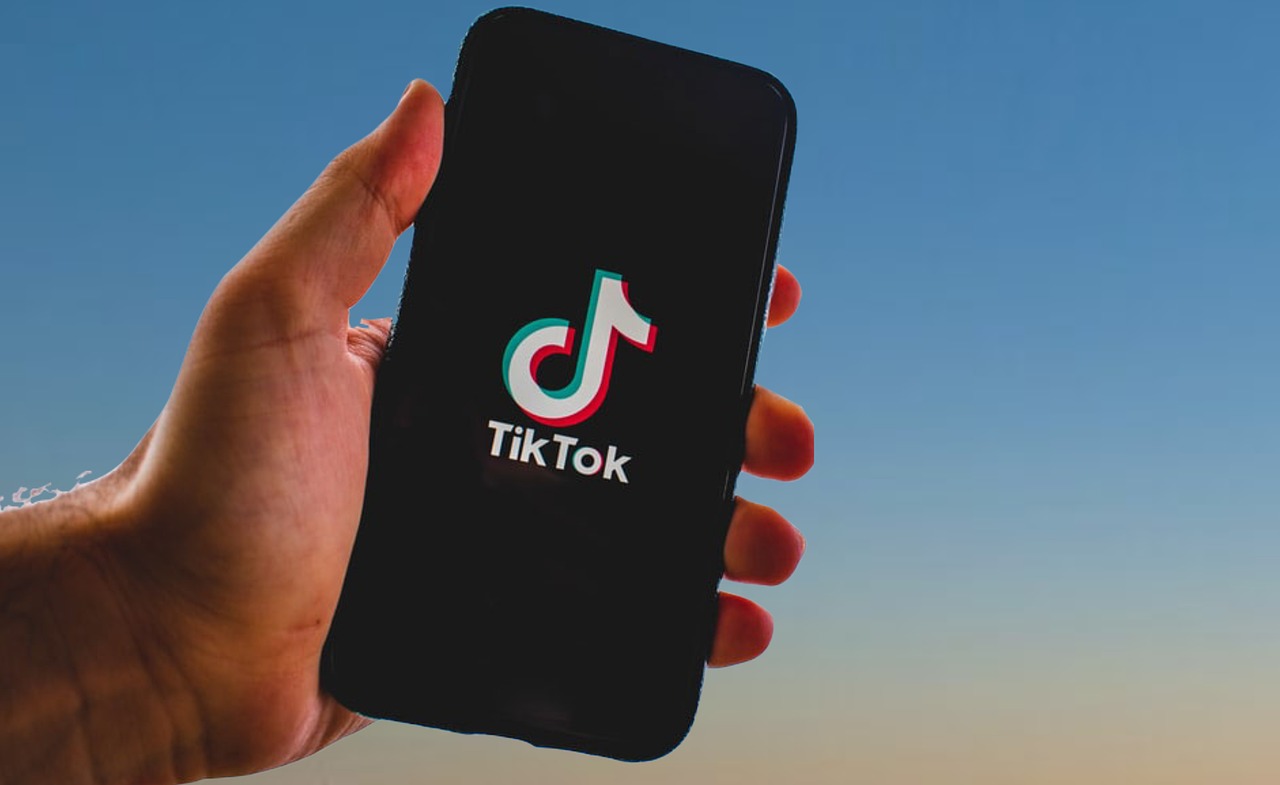
TikTok will restrict children under the age of 18 access to beauty filters due to its mental health impacts. The ban will come in a few weeks, specifically targeting filters that alter facial features, while certain “fun” filters may be exempted. The change was announced during a safety forum at TikTok’s European headquarters in Dublin and is confirmed to roll out globally.
TikTok clarified in the press release that filters designed for fun, like adding animal ears or other comical effects, will be exempted from the ban. These filters are considered less harmful as they don’t directly alter a person’s appearance. Filters that merely apply makeup will also remain available for teenagers.
Chloe Setter, TikTok’s lead on child safety public policy, stated that this update is part of the company’s efforts to provide a safer environment for young users. This also serves as a response to research indicating that beauty filters contribute to a distorted self-image among teenagers. Popular ones like the “Bold Glamour” have been linked to several psychological effects among teens.
According to a report by Internet Matters, beautifying filters often contribute to a “distorted worldview” where teens normalize edited and perfected images. This can lead to significant social pressure, particularly for young users who may not always be able to tell when an image has been altered.
“It’s promoting a beauty ideal that’s not attainable for you. It’s not attainable for anyone, really, because nobody looks like that,” said Dr. Jasmine Fardouly, a body image expert.
Additionally, TikTok announced it’s exploring a new machine-learning system to improve age verification after being criticized for failing to prevent underage children from accessing the platform. TikTok’s minimum age requirement is 13, but enforcement has been inconsistent. The new system aims to improve this, as TikTok hopes to better detect and moderate users’ accounts under the permitted age.
“We’re hoping that this will give us the ability to detect and remove more quickly,” Setter said, referring to new measures to prevent users from lying about their age.
TikTok remains committed to addressing mental health concerns associated with social media use. Their response reflects a wider trend among social media platforms as they face increasing regulatory pressure to protect minors online.” There’s no finish line when it comes to safety and security,” Setter said.
With over 175 million active users across Europe, TikTok is under scrutiny to ensure the platform remains a safe space for teenagers. The company aims to learn from its community, partnering with experts to further improve the safety of its platform.




















